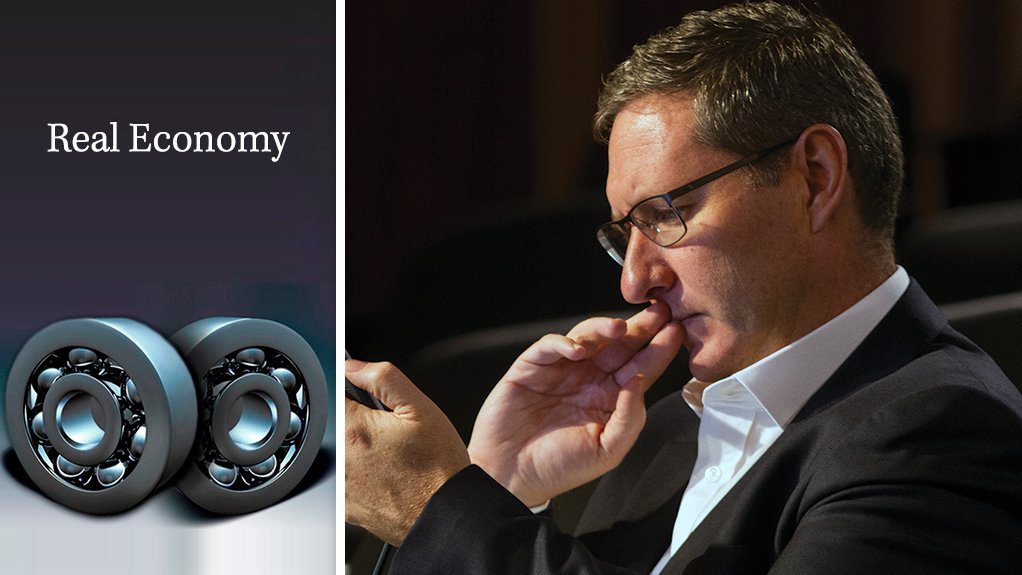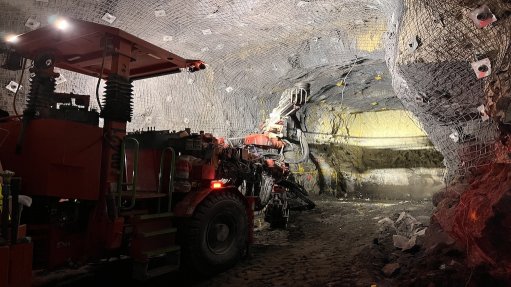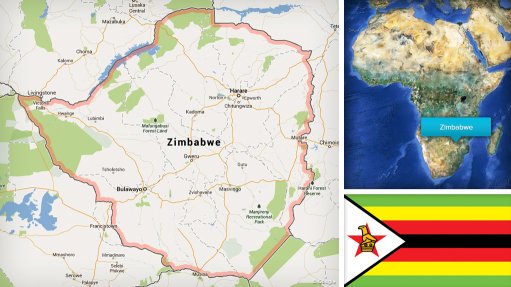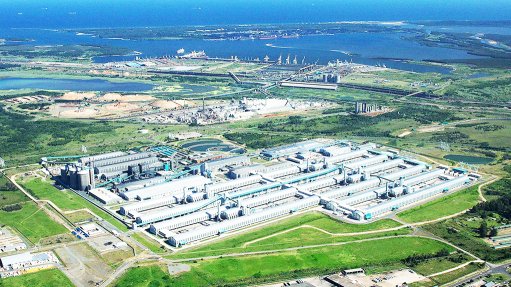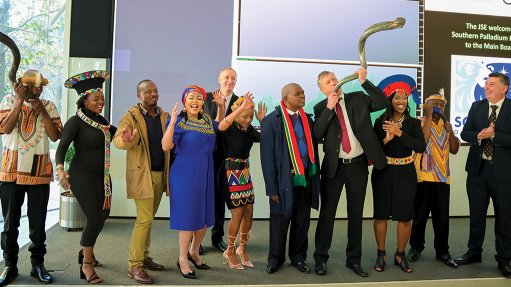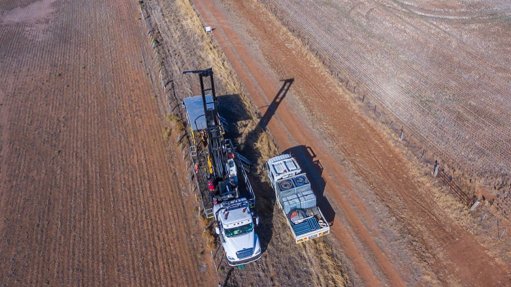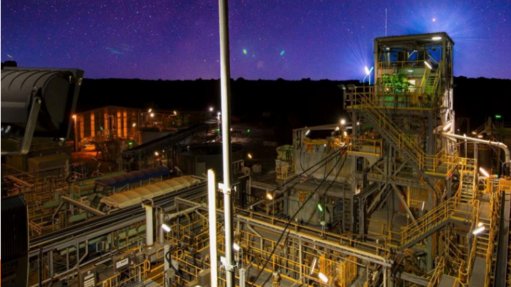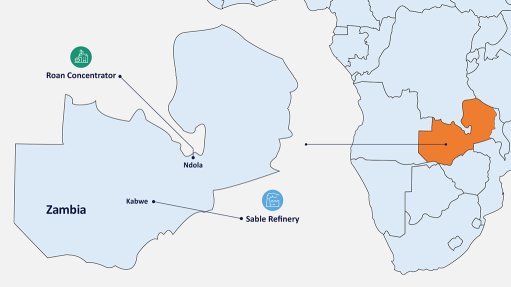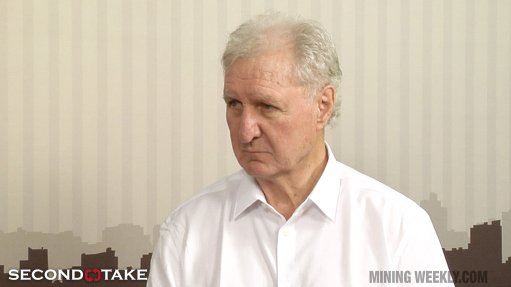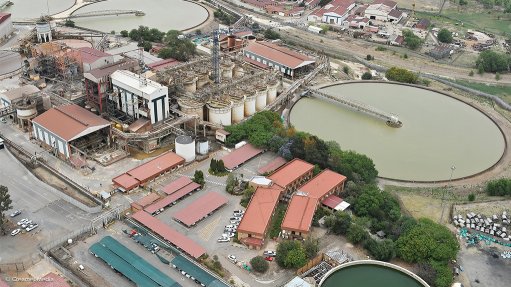Eskom: reality versus conspiracy
Albeit on the margins, the unfolding narrative suggesting that the current leaders within government and at Eskom are part of a grand conspiracy to weaken the State-owned utility to the point where it is broken up and privatised is at once maddening and dangerous. It is doubly infuriating because this argument is being actively promoted and curated by individuals who were instrumental in deepening the Eskom crisis. Their primary motivation is, thus, not the promotion of a sustainable utility, but rather to divert attention from their culpability.
This false narrative, while transparently self-serving, remains dangerous. It is distracting from the urgent issues confronting Eskom and galvanising opposition to the necessary changes by appealing to the prejudices of powerful interests and stoking the fears of those most vulnerable to the changes.
In this parallel universe, independent power producers (IPPs) represent the biggest threat not only to Eskom but also to the return to glory of a centralised system built around coal and nuclear. The renewable-energy IPPs are scapegoated for undermining Eskom’s financial position, with the simplistic argument that Eskom is paying 222c/kWh for IPP power, which it is allowed to sell for only 89c/kWh. Never is mention made of the fact that these IPP costs are fully recovered through the tariff so as to be cost neutral to Eskom. Not a peep either about the fact that, in some years, Eskom’s financial position has actually been bolstered by higher assumed IPP costs than those actually paid.
The IPPs have also emerged as a red herring for those not wanting to confront the main driver of Eskom’s lack of sustainability: a business model that is no longer fit for purpose and which is going to be overhauled either by design, or by default.
In other words, Eskom’s existential crisis is not the product of an ideologically charged plot to usurp its role in society. Rather, it is driven by fundamental change sweeping across the global electricity landscape.
In South Africa, the process is arguably being accelerated by some very particular circumstances at Eskom, including the fact that it became a hotbed of corruption. However, the utility would be in crisis with or without corruption. This is because, despite a step change in its nominal tariff (from about 20c/kWh in 2008 to above 89c/kWh today), the utility is still unable to cover its operating costs, repay interest on its debt and meet its debt obligations.
Under a business-as-usual scenario, further sharp increases will be required to secure the ‘cost-reflective tariffs’ required to stabilise Eskom financially. However, while such hikes may, on paper, lower the risk Eskom poses to the fiscus, they are more than likely to undermine both investment and growth. Aggressive hikes could also accelerate Eskom’s downward spiral.
Therefore, it is only reasonable for the current leadership, both in government and at the utility, to be considering a new approach – one that is alive to the threats posed, as well the opportunities arising from the electricity transition. And, yes, in the real world, this future model is likely to rely more heavily on private companies.
Fundamentally, Eskom’s lack of sustainability comes down to an operating model that is no longer appropriate in the changing landscape and is simply too financially burdensome to maintain intact. The sooner debates shift to dealing with this reality, rather than manufactured conspiracies, the better.
Article Enquiry
Email Article
Save Article
To advertise email advertising@creamermedia.co.za or click here
Press Office
Announcements
What's On
Subscribe to improve your user experience...
Option 1 (equivalent of R125 a month):
Receive a weekly copy of Creamer Media's Engineering News & Mining Weekly magazine
(print copy for those in South Africa and e-magazine for those outside of South Africa)
Receive daily email newsletters
Access to full search results
Access archive of magazine back copies
Access to Projects in Progress
Access to ONE Research Report of your choice in PDF format
Option 2 (equivalent of R375 a month):
All benefits from Option 1
PLUS
Access to Creamer Media's Research Channel Africa for ALL Research Reports, in PDF format, on various industrial and mining sectors
including Electricity; Water; Energy Transition; Hydrogen; Roads, Rail and Ports; Coal; Gold; Platinum; Battery Metals; etc.
Already a subscriber?
Forgotten your password?
Receive weekly copy of Creamer Media's Engineering News & Mining Weekly magazine (print copy for those in South Africa and e-magazine for those outside of South Africa)
➕
Recieve daily email newsletters
➕
Access to full search results
➕
Access archive of magazine back copies
➕
Access to Projects in Progress
➕
Access to ONE Research Report of your choice in PDF format
RESEARCH CHANNEL AFRICA
R4500 (equivalent of R375 a month)
SUBSCRIBEAll benefits from Option 1
➕
Access to Creamer Media's Research Channel Africa for ALL Research Reports on various industrial and mining sectors, in PDF format, including on:
Electricity
➕
Water
➕
Energy Transition
➕
Hydrogen
➕
Roads, Rail and Ports
➕
Coal
➕
Gold
➕
Platinum
➕
Battery Metals
➕
etc.
Receive all benefits from Option 1 or Option 2 delivered to numerous people at your company
➕
Multiple User names and Passwords for simultaneous log-ins
➕
Intranet integration access to all in your organisation



